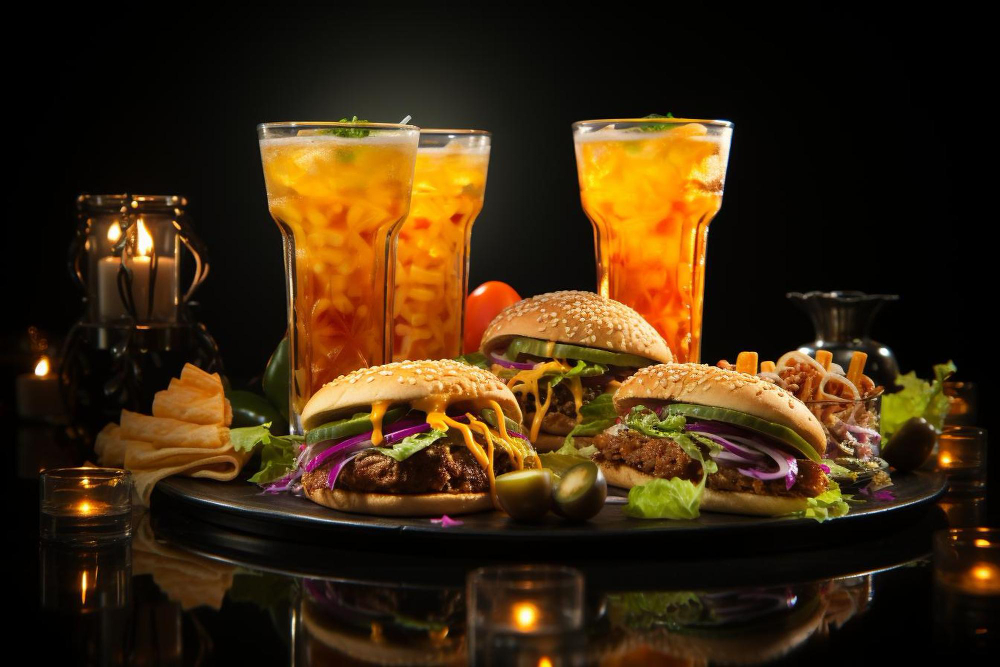Overview of the Food & Beverages Industry
The Food & Beverages (F&B) industry is one of the largest and most essential sectors in the global economy. It encompasses all activities related to the processing, manufacturing, packaging, distribution, and sale of edible products for human consumption — including packaged foods, beverages, dairy products, meat, seafood, baked goods, confectionery, and more.
This industry serves both retail consumers and business-to-business (B2B) markets such as restaurants, hotels, cafes, and catering services. It plays a crucial role in ensuring food security, nutrition, and safety for populations around the world.
Key Segments of the F&B Industry:
- Agriculture & Raw Material Supply : Includes farming, fishing, and livestock production.
- Food Processing & Manufacturing : Involves turning raw ingredients into consumable products.
- Packaging & Labeling : Ensures product safety, freshness, and compliance with regulations.
- Distribution & Retail : Covers logistics, supply chain, and sales through supermarkets, online platforms, and other outlets.
- Food Service Sector : Includes restaurants, cafes, fast-food chains, and catering businesses.
The F&B industry is highly influenced by consumer trends, such as demand for organic, plant-based, functional, and sustainable food options. Advances in food technology — like alternative proteins, smart packaging, and AI-driven supply chain systems — are also shaping the future of the sector.
Challenges Facing the Industry:
- Maintaining food safety and quality standards
- Reducing food waste and environmental impact
- Meeting regulatory requirements across different markets
- Adapting to changing dietary preferences and health awareness
With a growing global population and increasing urbanization, the Food & Beverages industry continues to expand, driven by innovation, digital transformation, and a stronger focus on sustainability and wellness.

